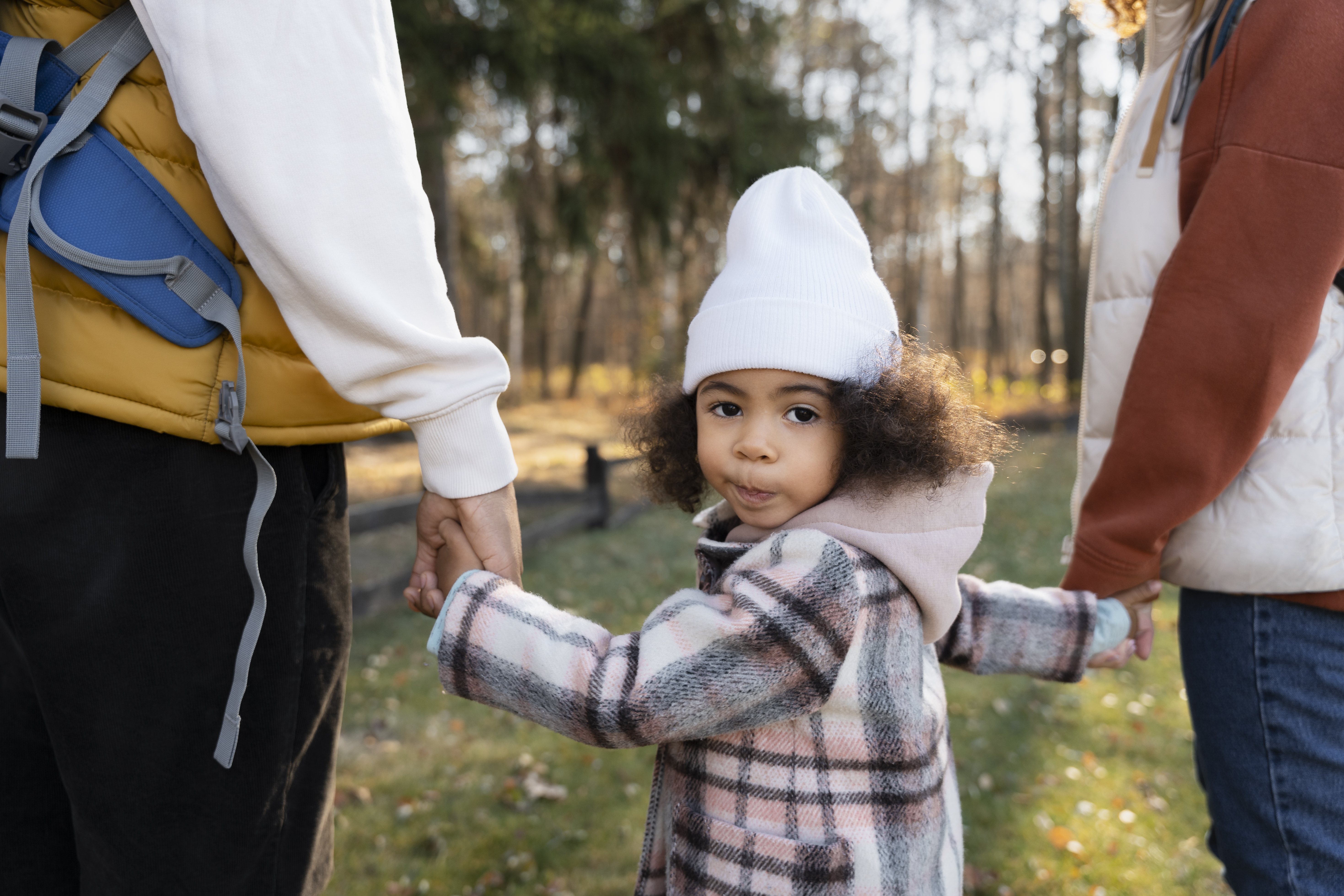The Adoption England team also commissions specific family finding events for various regional and voluntary agencies.
To find out more, please email Adoption.activitydays@coram.org.uk
Upcoming events

Online events for anyone considering adopting
In partnership with Adoption UK, we are running a series of free online events for anyone considering adopting. Each event will provide information about why some children may have a plan for adoption, the adoption process, and how to build strong family links. Adopters will also share their experiences.
Multiple events starting →
27 January, 2026
Adoption Activity days
Ask your social worker about Adoption Activity days.
Referrals are free of charge but you will need to be in at least Stage 2 of the assessment process with a positive recommendation from your social worker.
